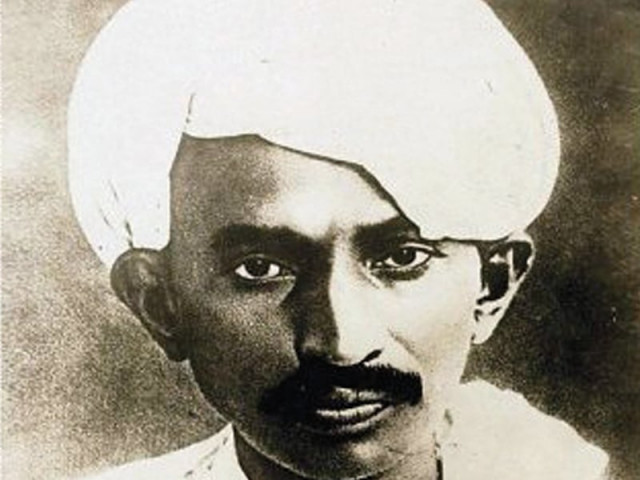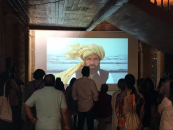Book review: The real Gandhi?
Lelyveld's book about Gandhi daringly de-mythologises the deified figure of the Mahatma.

Book review: The real Gandhi?
Lelyveld delves deep into the many contradictions of Gandhi — his self-aggrandisement and obsession with self-image, his narrow take on ethnic issues like the rights of Untouchables, his unfathomable instructions on combating sexuality, his relationship with a Jew Hermann Kallenbach, his liaison with his niece. The last two, as expected, caused great controversy, leading to the accusation that Lelyveld portrayed Gandhi as a bisexual and a pervert. However, the relationship unveiled in this book is that of platonic love. At the same time, Lelyveld is careful not to belittle or downplay the greatness of Gandhi; his purpose is to uncover the making of a shrewd politician who knew how to bend wills to his liking.
The book constantly questions the facts and ideas that are largely taken for granted. The Gandhi that emerges as a result of this process is more human and believable than the god-like persona that is often attributed to him. By showing the evolution of Gandhi’s ideas regarding issues like Untouchables, the book shows the subtle clash between the idealistic niceties and the practical restrictions that he had to face.
The first part of the book deals with Gandhi’s early life in South Africa and the second focuses on his transformation into Mahatma. The book tends to focus on issues, instead of giving primary importance to historical events. Structure-wise, the book follows a loose chronological order of Gandhi’s life. However, unlike the traditional biography, the goal is not an indisputable conclusion or a final verdict on the enigmatic character of a great leader. It is more of a study of the many contradictory aspects of his early formative years in South Africa and their influence in his later life. Some people might feel uneasy at this individualisation of Gandhi but it is nevertheless intriguing.
Lelyveld discursively constructs a humanised figure that is both historically contextualised and psychologically exposed. Unusual as it is in its approach, the reaction of most readers has either been of pure delight or utter disgust. One simply has to read the book to discover what camp one falls in.
Published in The Express Tribune, Sunday Magazine, July 3rd, 2011.



















COMMENTS
Comments are moderated and generally will be posted if they are on-topic and not abusive.
For more information, please see our Comments FAQ